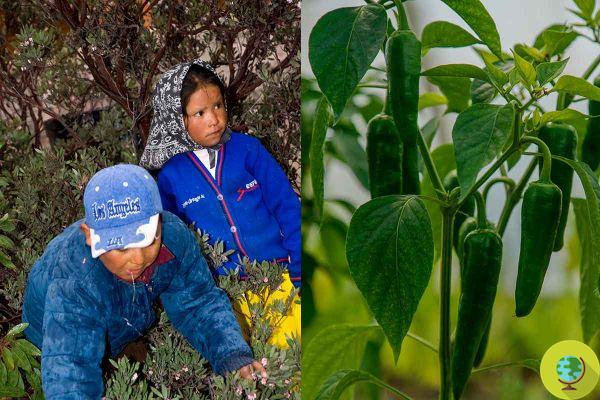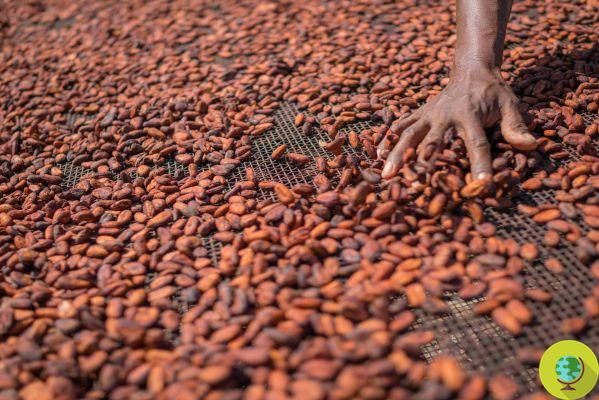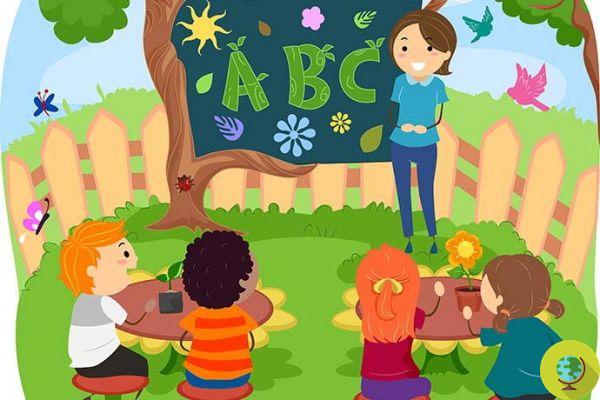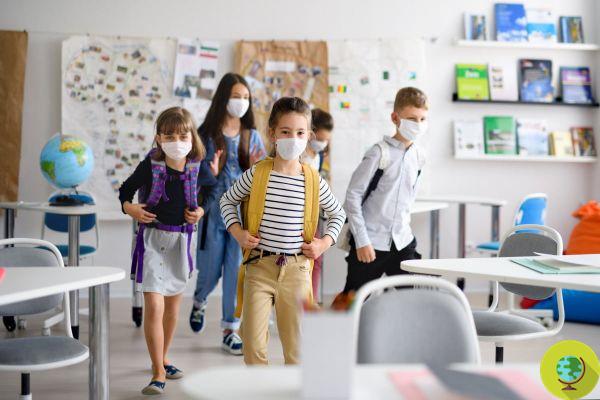
Do not eat the jalapeños, more than 600 rarámuri indigenous minors work in conditions of semi-slavery in the Mexican fields of this pepper.
Boys and girls have the right to access quality education and to develop through play; however in the world, some of them live in such precarious and unprotected contexts that they are exploited and forced to work. This is the case of the rarámuri indigenous minors who in total silence work in the fields of jalapeños peppers and together with their parents live in forms of modern slavery.
Since 2018, 623 minors - including 211 under 15 years of age - have been identified in Chihuahua's agricultural fields thanks to 493 inspections, according to data from the State Secretariat of Labor and Social Security (STPS). Child labor increased by 8% over the previous year, in which at least 15 children died in the camps.
According to an El País investigation, just last September a six-year-old girl was hit by a bus on a farm in the city of Camargo while her parents were picking chillies, and another three-year-old died of an as yet unidentified drunk driver.
“They ran over him and didn't do anything,” says his father Juan angrily, who didn't even get to see his baby since he only allowed himself to lose one day of work, that of the burial.
Many of the child deaths in crops are caused by car investments. In fact, there are many who leave by car without checking if there are children under the cars, in search of the only shadow existing in the torrid Chihuahua. In addition to this, there are also heatstroke caused by high temperatures, as happened to a rarámuri girl in 2018.
The jalapeños fields instead of the schoolLast year, the Camargo authorities found 24 rarámuri children working in agricultural fields and only 18 were in school. The only mobile classroom for this population is 36 kilometers away and the closest fixed classroom is 250 kilometers away. There is another option, a woman from the village takes care of the little ones for 50 pesos (2 euros) a day, a charitable price, but considering that the daily workers of the jalapeños fields only earn between 150 and 250 pesos a day. (from 6 to 10 euros), paying a quarter of their meager pay for this is almost a luxury.
In order not to leave the children alone without being cared for in any place or with the "bosses", these workers prefer to take them with them to collect jalapeños. Once in the camps, some of them work up to 15 hours a day under the threat of dismissal and without pay or wages below the minimum. During all this time no one can stop and you have a chance to get up and look up just to empty one of the 20 buckets that, at the very least, they have to fill to earn their meager salary.
Rarámuri, a forgotten peopleAt one time the livelihoods of the Rarámuris - also known as the tarahumara - came from harvesting the corn and beans they planted in the rugged mountains, but drought has wiped out all their crops. Many have been forced to flee their lands as a result of the attack by organized crime that controls illegal logging, poppy planting, marijuana and mining.
Approximately 30.000 migrant farmers arrive each year to harvest jalapeños. Their short stature and small hands are very "appreciated", even if this gratitude brings nothing but slavery.
The abuses against this indigenous people, made up of some 120.000 members, are nothing new. Their integration has never been promoted and it is common to see them begging on the streets of the country's main cities and tourist destinations. Indigenous agricultural workers in poor regions of central and southern Mexico are particularly vulnerable to forced labor in the agricultural sector due to low levels of education, language barriers and discrimination.
The price of jalapeño: infancy of childrenUNICEF in 2013 indicated that about half of Mexican families with unstable jobs who have working minor children are indigenous; and that these boys and girls contribute 41% to family income. In the state of Chihuahua there are 42.760 working minors, corresponding to 1,9% of the country's total. Forced labor and child exploitation in chili production occurs mainly on small and medium-sized farms in regions such as Baja California, Chihuahua, Jalisco and San Luis Potosí, and while it is a known problem, little or nothing is done.
The U.S. Department of International Labor Affairs has once again included chili on its latest list of foods made with child and forced labor, but including it is not enough. Concrete actions must be implemented in favor of children and indigenous communities. Although the exploitation of minors in the fields is punishable by imprisonment and despite 38 sanctioning proceedings against the producers have been opened, in none of the cases has it been sentenced and only in two cases have the state authorities imposed financial penalties.
These little ones are not invisible, they exist and would like to play and trade buckets full of jalapeños for a free life.
Source: El País / STPS / DOL
You might also like:
- Palm oil is still a huge problem (and hides abuse, violence and child exploitation)
- Child exploitation, deforestation, toxic escapes. What will be the price to pay for a green future?
- The story of siflio, a precious spice with infinite properties that has disappeared due to human exploitation


























